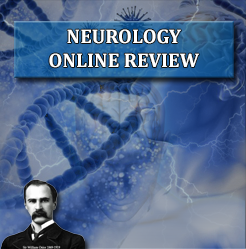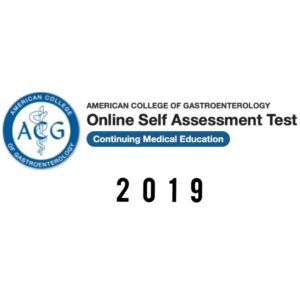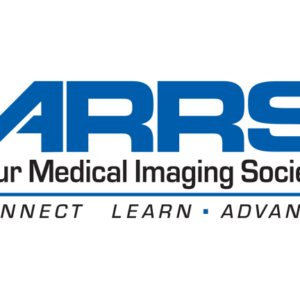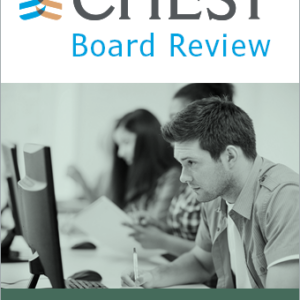This comprehensive review will help you pass your Neurology board exams and update your clinical knowledge base. Emphasis is on evidence-based medicine and board-relevant standards of care, incorporating new concepts and treatments. The course includes lectures that review the entire field of Neurology. As a result, it provides a good review for the ABPN written exams or physicians in practice wanting a thorough update. In addition, the course includes didactic lectures, a discussion of clinical vignettes, and embedded questions for discussion at the end of each topic.
Objectives
At the conclusion of this course, each participant should be able to:
- Identify and discuss clinically relevant aspects of neurochemistry, neuroanatomy, neurophysiology, and neuropharmacology
- Interpret neuroimaging studies
- Recognize and describe all significant neurological disorders and significant variants
- Discuss developmental disorders and scientific underpinnings
- Distinguish abnormal behavioral and personality changes
- Describe the use of appropriate psychopharmacology agents for all significant neurologic disorders and significant interactions
- Identify and plan treatment for alcoholism and substance abuse
- Identify and distinguish between altered states of consciousness and memory disorders
- Implement appropriate primary and secondary stroke prevention strategies
Faculty and Topics
 Douglas Gould, Ph.D.
Douglas Gould, Ph.D.
Neuroanatomy I (Peripheral Nerve)
Neuroanatomy II (Central Nervous System)
Neuroanatomy III (Motor System)
Neuroanatomy IV (Sensory Systems)
Neuroanatomy V (Visual System)
Neuroanatomy VI (Auditory and Vestibular)
Neuroanatomy VII (Diencephalon And Limbic Systems)
 Sanjeev Sivakumar MD
Sanjeev Sivakumar MD
Brain and Spinal Cord Trauma
Neurocritical Care
Intracranial Hypertension and Brain Death
Neuroimaging I (Diffusion and Perfusion)
Neuroimaging II (Spine and Peripheral Nerves)
Neuroimaging III (Epilepsy)
Neuroimaging IV (Cranial Nerves)
Neuroimaging V (Demyelinating Disease)
 Erik Ensrud, MD
Erik Ensrud, MD
Anterior Horn Cell
Muscle Disease/ Myopathies
Peripheral Neuropathies
Neuromuscular Junction
MS and Demyelinating Diseases
Spine and Spinal Cord
EMG Overview, Focal Neuropathies
 Thomas Geller, MD
Thomas Geller, MD
Neurology In The Nursery I and II
Neurologic Disorders of Infancy I and II
Neuro-Oncology and Paraneoplastic Disorders I and II, Questions and Answers
 Kathy Newell, MD
Kathy Newell, MD
Neuropathology I – IV
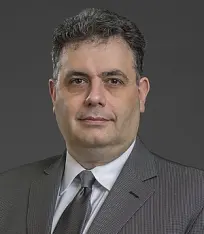 Charles Marcuccilli, MD, PhD
Charles Marcuccilli, MD, PhD
Infections Developmental Disorders
Neurodegenerative Metabolic Disorders
Vertigo and Hearing Loss or Neuro-otology
Neurogenetics
Neurochemistry/ Neurotransmitters
Epilepsy, Sleep, and EEG I – III
 Howard Pomeranz, MD, PhD
Howard Pomeranz, MD, PhD
Neuro-Opthalmology I-III
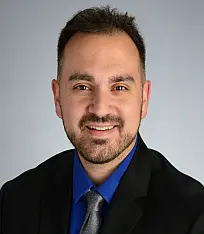 Muhammad Nashatizadeh, MD†
Muhammad Nashatizadeh, MD†
Autonomic Disorders
Toxic and Environmental Neurology
Aphasia, Apraxia, and Agnosia
Neurocutaneous Disorders
Movement Disorders I (Parkinsonism)
Movement Disorders II (Tremor / Myoclonus)
Movement Disorders III (Hyperkinetic)
Dementia and Ataxia
Stroke Prevention (Stroke Risk Reduction)
Stroke Syndromes
Encephalopathy and Coma
Acute Ischemic Stroke
Intracranial Hemorrhage
 Brian Krause, MD
Brian Krause, MD
Substance Abuse I and II
Psychiatric Disorders
Psychopharmacology I and II
Release Date: October 6, 2022

